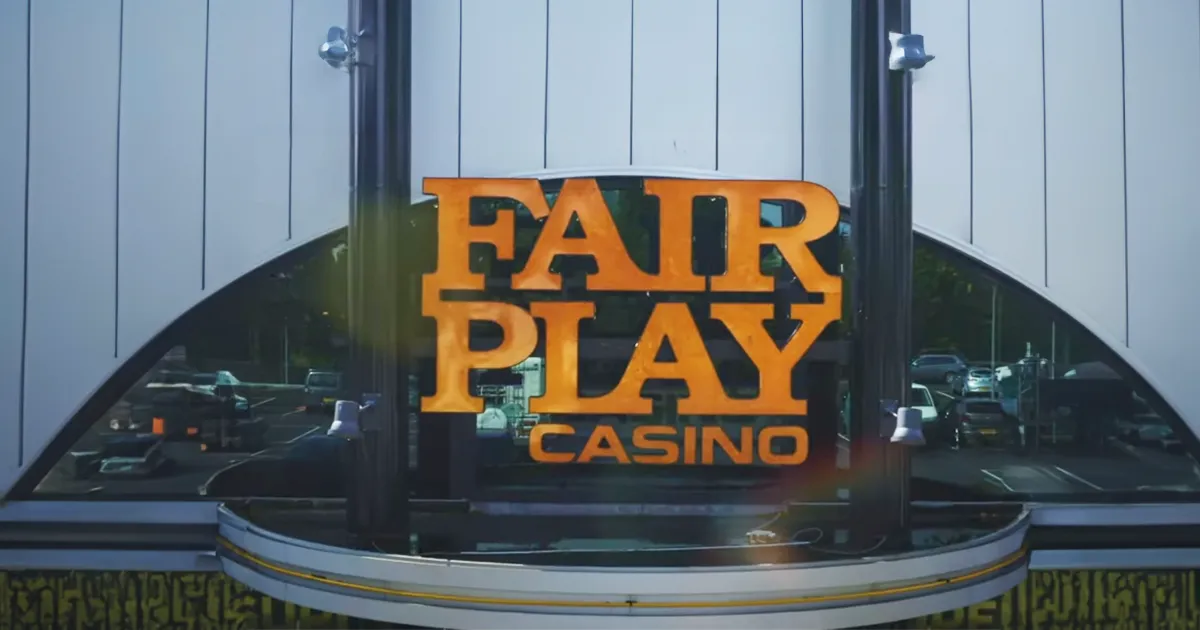Fair Play Casino: An Institution in Peril
The Janshen-Hahnraths Group, owner of the famous Fair Play casinos, is currently undergoing a critical period. Faced with major financial challenges, it is struggling to avoid bankruptcy through a financial restructuring process. This situation is causing concern among both loyal customers and stakeholders in the gambling industry in the Netherlands. Why is such a crisis striking a company that was once considered financially healthy? What factors led to this decision? A look back at the key events and the proposed solutions.
An Inevitable Financial Restructuring
The Janshen-Hahnraths Group, known for its Fair Play casinos and the Fair Play Online platform, has recently initiated a debt restructuring process under the Wet Homologatie Onderhands Akkoord (WHOA), a Dutch legislation allowing companies in difficulty to restructure their debts to avoid bankruptcy.
In a communication sent to its creditors, the group highlighted that, despite healthy operational activity, external factors, notably a significant increase in the gambling tax, made this restructuring essential.
The History of Fair Play Casinos
Fair Play casinos are an iconic institution in the Netherlands. Founded in 1983, the brand is known for offering a diverse gaming experience, ranging from classic slot machines to modern electronic games. The Janshen-Hahnraths Group gradually expanded its network of gaming halls across the country, becoming an indispensable player in the entertainment industry. This reputation enabled Fair Play to build a loyal customer base, contributing to its continued growth until the recent financial difficulties emerged.
The Pandemic and Taxation Challenges
The COVID-19 pandemic had a devastating impact on many businesses, and Janshen-Hahnraths was no exception. Prolonged closures and health restrictions led to a mounting debt load that became difficult to manage. On top of this, a substantial increase in the gambling tax further aggravated the group’s financial situation.
A spokesperson for the company stated: “At its core, Janshen-Hahnraths Group is a healthy company. However, the debt burden, which is mainly the result of the corona pandemic, is playing tricks on it. In order to enable a healthy future for the Janshen-Hahnraths Group, debt restructuring is unfortunately necessary.”
A Defining Moment in April 2024
The Janshen-Hahnraths Group is at a pivotal moment in its history. The current restructuring process truly took shape in April 2024. It was at this point that Janshen-Hahnraths officially announced the commencement of discussions with its creditors. This initiative aimed to prepare a financial agreement to ensure the continuity of the group’s operations while meeting its financial obligations. According to internal sources, the negotiations were complex but constructive, with strong involvement from financial partners to find a viable solution.
What is the WHOA Procedure?
The WHOA procedure, or Wet Homologatie Onderhands Akkoord (Dutch law for approving amicable agreements), refers to a legal process used in the Netherlands to validate and make enforceable an amicable agreement within the framework of debt restructuring or a collective procedure. This allows a financially distressed company to reach an agreement with its creditors without going through a formal bankruptcy process.
To do this, the company must classify its creditors into different categories based on their legal and economic position. Priority creditors, such as tax authorities and employees, are placed at the top of the list.
Once the creditors are classified, a draft agreement is prepared and submitted to the concerned parties, who have at least eight days to assess it. A vote is then held within each category of creditors. Approval from at least one category is required for the company to seek judicial approval of the agreement, making it binding on all creditors.
The approval allows the company to reorganise its finances, maintain its operations, and avoid liquidation. It also offers some protection against legal actions from creditors who do not agree with the agreement.
The objective is to find a quick and efficient solution to the company’s financial difficulties while avoiding bankruptcy, which could be more costly and complicated for all parties involved. This procedure is part of a broader legal framework for debt restructuring in the Netherlands.
The Belgian Equivalent of the WHOA Procedure
In Belgium, a procedure similar to the WHOA exists under the name of “judicial reorganisation” as provided by the law on the continuity of enterprises (LCE). This procedure allows a distressed company to request temporary protection from its creditors while developing a recovery plan. The judicial reorganisation aims to preserve the company’s activities as much as possible while negotiating financial agreements with creditors to ensure its long-term viability. This approach has already helped several Belgian companies overcome major financial crises.


